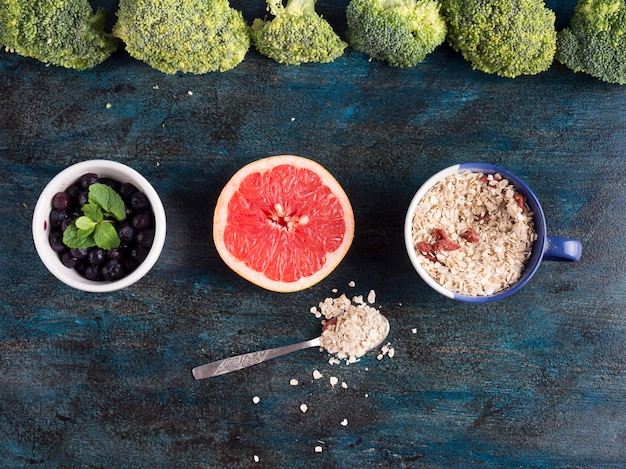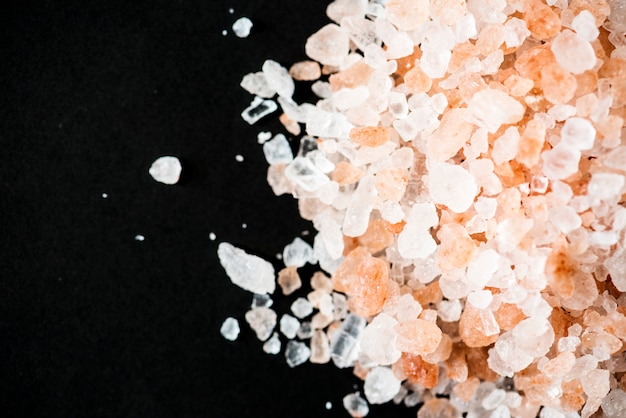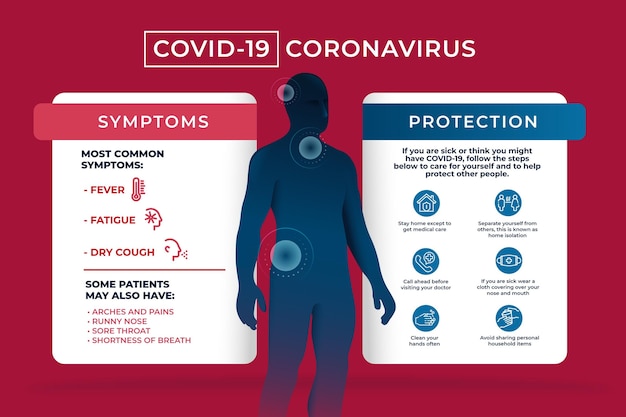When it comes to supporting hormonal balance, protein plays a crucial role. It aids in the production of hormones, supports metabolism, and helps regulate appetite and mood. With the growing popularity of protein supplements, two major contenders stand out: plant protein and whey protein. But which one is truly better for balancing hormones—especially if you're aiming to start fast, stay consistent, and measure results weekly?
Proteins are made up of amino acids, the building blocks used by your body to produce and regulate hormones like insulin, cortisol, leptin, and growth hormone. A steady intake of high-quality protein supports stable blood sugar, reduces inflammation, and promotes satiety—all of which contribute to balanced hormones.
However, not all protein sources affect the body the same way. The source, digestibility, and additional compounds in protein powders can influence hormone levels differently—especially over time.

Derived from milk, whey protein is a complete protein, meaning it contains all nine essential amino acids. It’s particularly rich in branched-chain amino acids (BCAAs) like leucine, which stimulate muscle protein synthesis and can support metabolic health.
Whey is quickly absorbed, making it ideal for post-workout recovery. Some studies suggest it may help reduce cortisol (the stress hormone) and improve insulin sensitivity when consumed as part of a balanced diet. However, because it’s a dairy product, whey can trigger insulin spikes more than plant proteins—sometimes significantly—due to its high bioavailability and amino acid profile.
For individuals sensitive to dairy or with hormonal imbalances linked to inflammation (like PCOS or acne), whey may exacerbate issues due to its potential to increase insulin-like growth factor 1 (IGF-1) and promote insulin resistance over time.
Plant-based proteins—such as pea, rice, hemp, and pumpkin seed—are gaining popularity for their digestibility, low allergenic potential, and positive impact on gut health. While individual plant proteins may lack one or more essential amino acids, blended plant protein powders often provide a complete amino acid profile.
Plant proteins generally have a milder effect on insulin levels. They’re also rich in fiber, phytonutrients, and antioxidants that support liver detoxification—a key process in hormone metabolism. For example, compounds in pea protein may help modulate estrogen metabolism, while flaxseed (often added to plant blends) contains lignans that support hormonal balance, especially in women.
Additionally, plant proteins are free from lactose and casein, making them ideal for those with sensitivities. Chronic inflammation from food intolerances can disrupt endocrine function, so eliminating triggers with plant protein may lead to better hormonal outcomes in the long run.

If you're starting a new wellness journey, choosing the right protein can set the tone. Whey offers a quick boost—ideal if you're active and looking for immediate muscle recovery. But if your goal is hormonal balance, especially with underlying sensitivities or digestive concerns, plant protein may be the smarter starting point.
Consistency is key for hormonal health. Fluctuating diets or inconsistent protein intake can stress the adrenal glands and disrupt circadian hormone rhythms. Plant proteins, often easier on digestion, may support daily adherence—especially when rotating sources to avoid overexposure.
Whey can also be used consistently by those without dairy issues, but monitoring for acne, bloating, or mood swings is important. If symptoms arise, switching to plant-based options may resolve them.
To truly assess which protein works best for your hormones, track these weekly:
After 4–6 weeks, review your notes. If you're experiencing fewer energy crashes, improved digestion, and better skin, your chosen protein is likely supporting hormonal balance.
While both proteins have benefits, plant protein generally offers a more balanced, sustainable option for long-term hormonal health—especially for those with sensitivities, inflammation, or ethical and environmental concerns. Whey can be effective short-term for muscle building and recovery but may disrupt insulin and IGF-1 pathways in sensitive individuals.
Ultimately, the best protein is the one that aligns with your body’s needs, supports consistency, and delivers measurable results. Start with a clean, minimally processed option—plant or whey—and track your response. Your hormones will tell you which one wins.

Wellness

Wellness

Wellness

Wellness

Health

Health

Health

Health

Health

Health

Fitness

Wellness

Health

Fitness

Health

Health